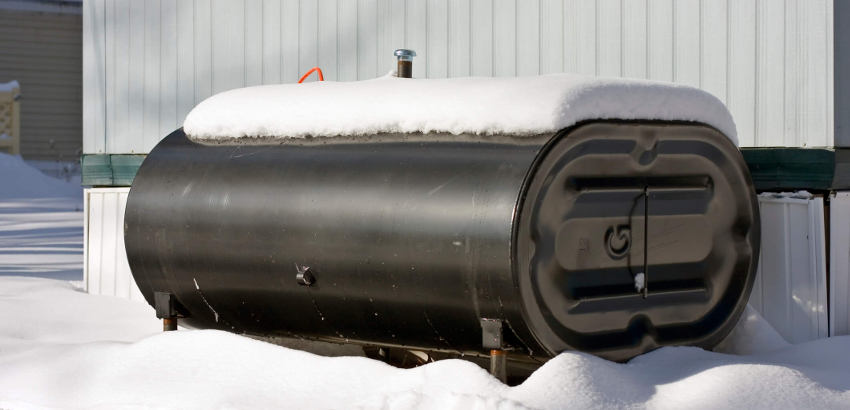In this day and age, we rely on petroleum-based fossil fuels to heat our homes. They also heat our various automobiles that keep the world moving. Even our at home appliances such as our stoves and furnaces. However, this begs the question. What is the difference between heating oil and kerosene? In this article, we will go over the differences and even compare the two!
What is Kerosene?
Kerosene is a type of hydrocarbon oil that has a variety of uses. It’s most common uses include cooking, heating and fuel jet engine fuel. Additionally in 1859 it was used primarily for lighting lamps, which became what it’s known for.
Like heating oil, kerosene has a pungent odor to it. It is normally either colorless or has a pale yellow coloring. It also typically tends to burn more efficiently and cleaner compared to heating oil. However, because of this it must be used in a heating oil system specifically designed for Kerosene.

What’s the Difference Between Heating Oil and Kerosene?
Heating Oil is a form of diesel fuel that is more than often used for home heating. This is primarily because it’s the safest form of home heating there is. If we where to get into the specifics, heating oil doesn’t get to a point where it’s hot enough to start a fire. This is because, the Flashpoint of heating oil is 140 degrees Fahrenheit. While in liquid form, heating oil will not burn. This brings the risk of having a fire or explosion caused by heating oil down to zero!
Kerosene however, is not a safe alternative to heating oil. For starters, it has a lower flashpoint. This makes it more susceptible to a fire or explosion. Additionally, when you burn kerosene it produces a significantly higher amount of carbon monoxide. This makes proper ventilation a requirement. Without it, you will have a very dangerous safety issue on your hands. Additionally, Kerosene tanks should only be outdoors.
Comparing Heating Costs between Heating Oil and Kerosene
Oil Prices are constantly fluctuating. This is dependent on many things, but more often than not its due to global price changes. Heating Oil sees trade globally, meaning price and availability can change depending on global events. The biggest example of this in recent years is during the COVID-19 pandemic. During lockdown, oil prices where at an all time low! The prices of oil were as low as $1 a gallon! However, heating oil prices fluctuate constantly depending on outside temperatures as well as standard supply and demand. During the colder winter months, oil prices can tend to be a little bit higher because of high demand. While during the summer, prices are lower because demand is lower.
Heating Oil also has significantly more competition compared to kerosene. This is because, the more oil dealers you have in your area, the lower prices will be. Dealers will often try to give you the lowest possible so that they can get your business. This also means that you’ll always have a dealer in your local area willing to deliver to your home.
Unfortunately, unlike heating oil, kerosene prices are reliant on a variety of different factors. This can include prices for crude oil. Kerosene is also very hard to find and more expensive then heating oil. Not all oil dealers offer kerosene as a heating option. Kerosene is also very restrictive. If you eventually find a distributor for kerosene, you will likely need to stick with them for the foreseeable future due to how hard it is to find in today’s heating market.

Which is Better? Kerosene or Heating Oil?
Ultimately, when it comes down to it, heating oil is the better option. It is more reliable and the safest option to choose from. It is more easily accessible with a larger flashpoint that makes it less likely to cause fires or even explosions. With an easy accessibility compared to Kerosene, you’ll always have an oil dealer ready to deliver! Plus, you’ll be able to get the lowest possible price on heating oil using our FuelSnap website!
While kerosene does have it’s benefits, it is not without it’s flaws. Regardless, the flaws are quite large. I personally, wouldn’t feel safe knowing that the fuel I am using to heat my home could possibly set fire or explode. I don’t think I would have an easy time sleeping at night. With that and the added effect of carbon monoxide emission and being hard to find, it’s simply just easier to stick with heating oil.
Happy Heating,
Hunter



